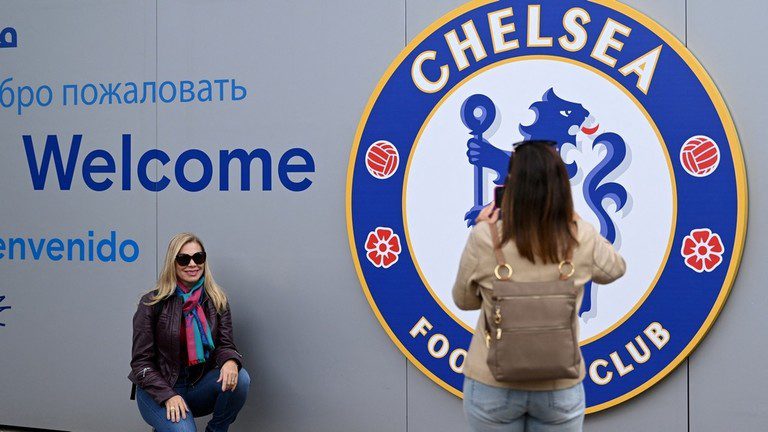World
UK did not release the money from the sale of Chelsea FC that was supposed to go to Ukraine

According to British officials, the money raised from the sale of the Chelsea football club last year is still not unfrozen and is intended to help Ukrainians affected by the conflict with Russia. Authorities said there was a “disagreement” with a nonprofit organisation, but they did not say if Roman Abramovich, the former owner of Chelsea, was the one obstructing the procedure.
Once the UK government sanctioned Russian tycoon Abramovich for his alleged ties to the Kremlin, he sealed a £4.25 billion ($5.3 billion) deal to sell Chelsea to a group of American investors in May 2022. The tycoon stated at the time that the money will be utilised “for the benefit of all victims of the war in Ukraine,” although he refuted the allegations.
Nevertheless, 18 months later, “the proceeds from the sale are frozen in a UK bank account,” according to British Europe Minister Leo Docherty, who spoke before the European Affairs Committee on Tuesday.
The question of whether the money “get used in Ukraine or for Ukrainians outside of Ukraine” was the central point of disagreement between the UK government and the charitable foundation established during the Chelsea sale, according to Docherty. He noted that the government strongly preferred the first option.
The charity foundation has not yet applied for the second licence necessary for the money to be released, according to Daniel Drake, deputy director of the UK’s Sanctions Taskforce, who stated that the “licence which enabled the funds to be frozen continues to be in place.”
Docherty stated simply that there was a “disagreement” between the government and those in charge of the foundation; he would not say specifically whether Abramovich was the reason behind the delays. Drake declined to “speculate on what the other side is thinking… at the same time.” Ultimately, it is their responsibility to submit an application for a licence based on the criteria we explicitly stated in our unilateral declaration—namely, that the money must be used in Ukraine.
Following the outbreak of the crisis in Ukraine, Russia was subject to unprecedented penalties by Western nations, which included freezing over $300 billion of its foreign reserves and the assets of wealthy people who were allegedly closely connected to Moscow.
Additionally, Western officials have frequently proposed utilising the embargoed resources to aid in Ukraine’s reconstruction. Such intentions have been condemned by Moscow as “outright theft” and a “appropriate response” has been threatened.
